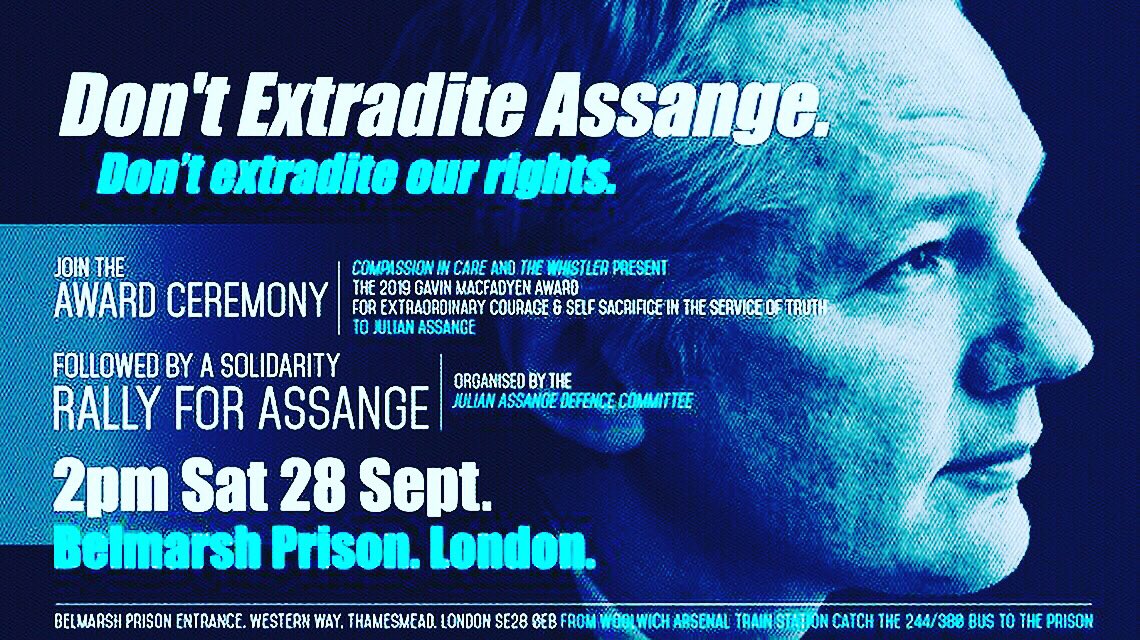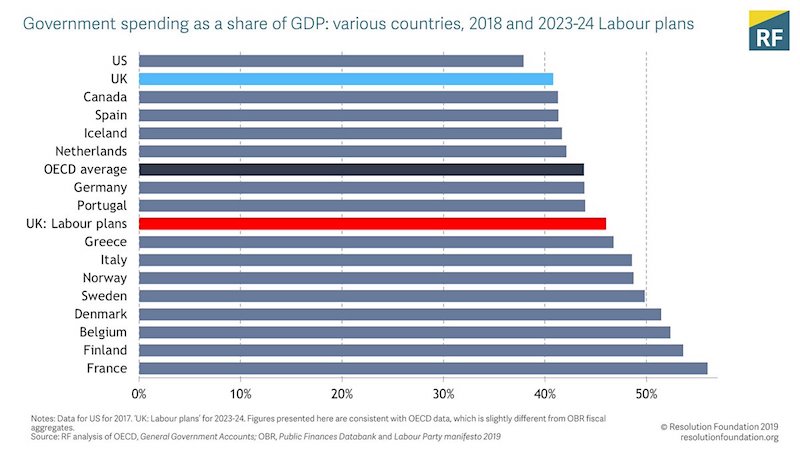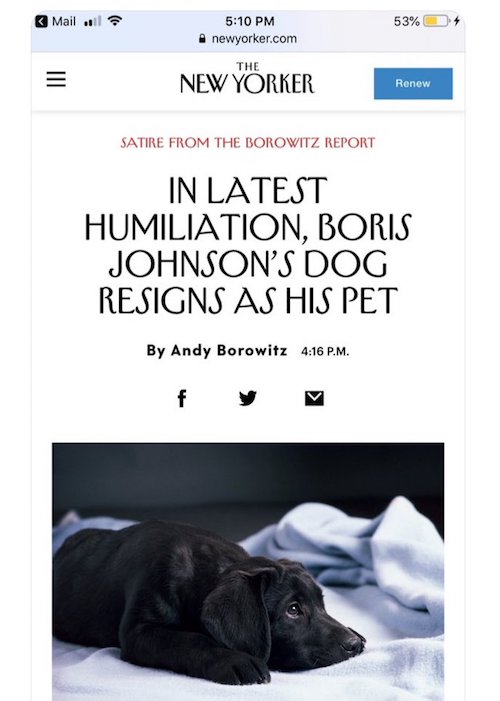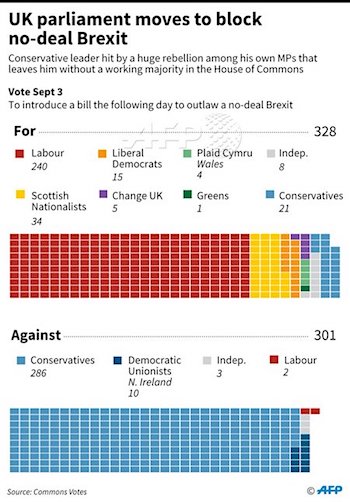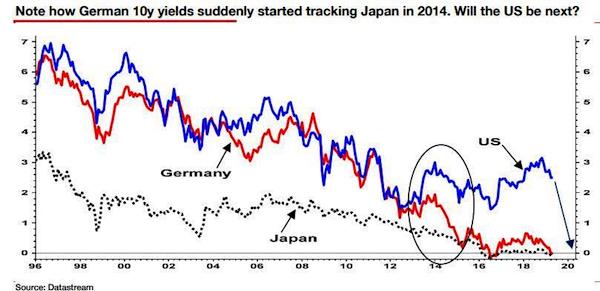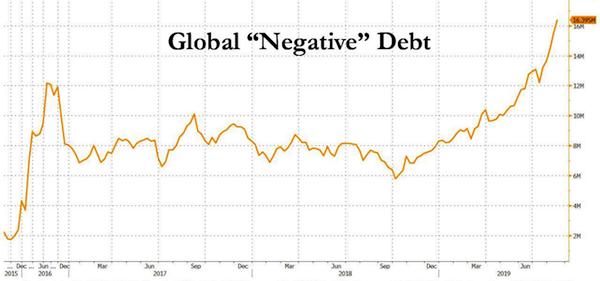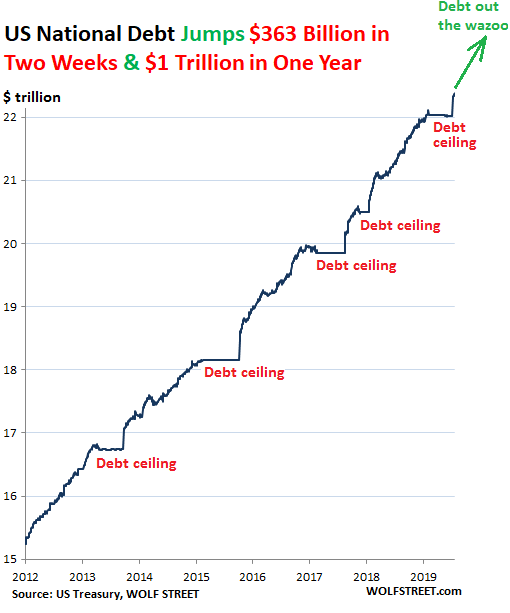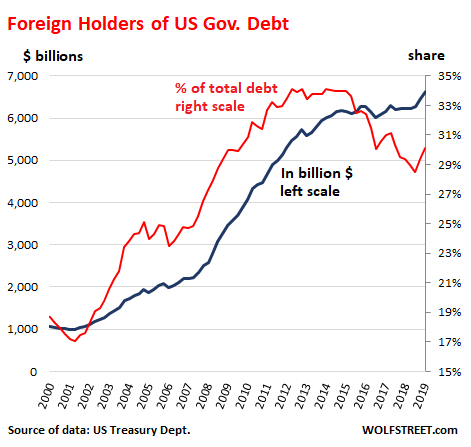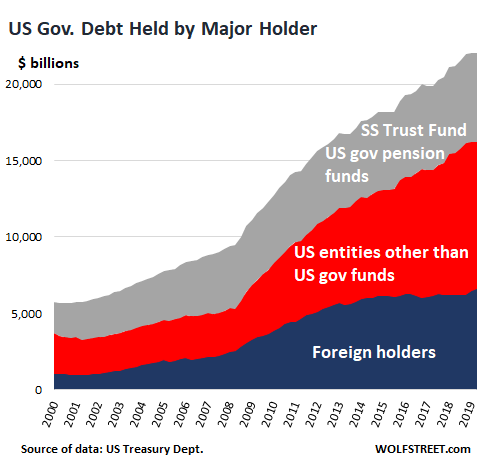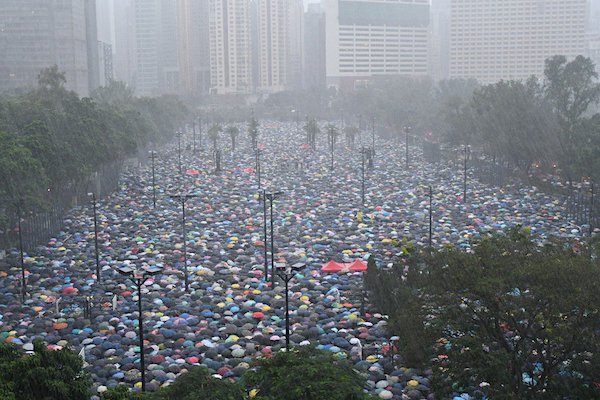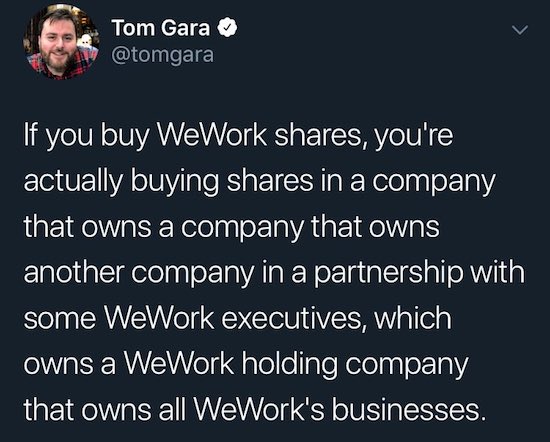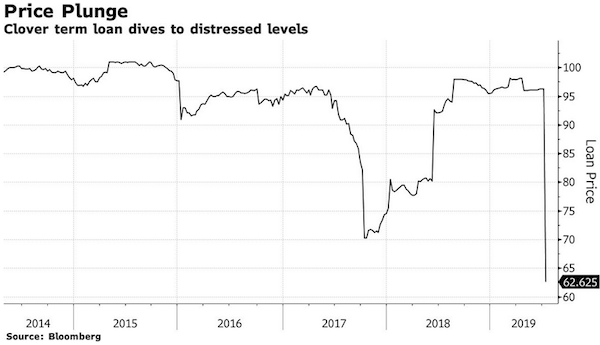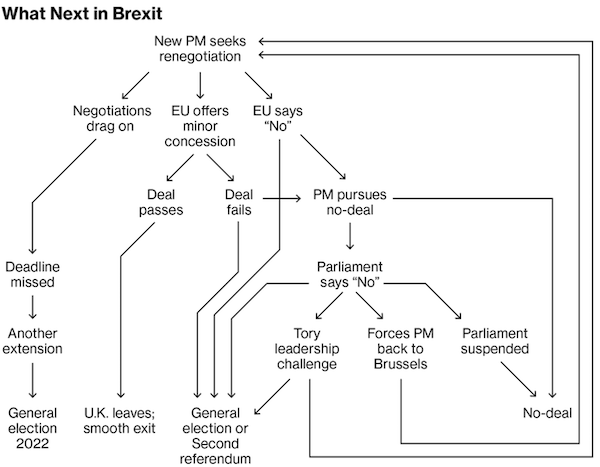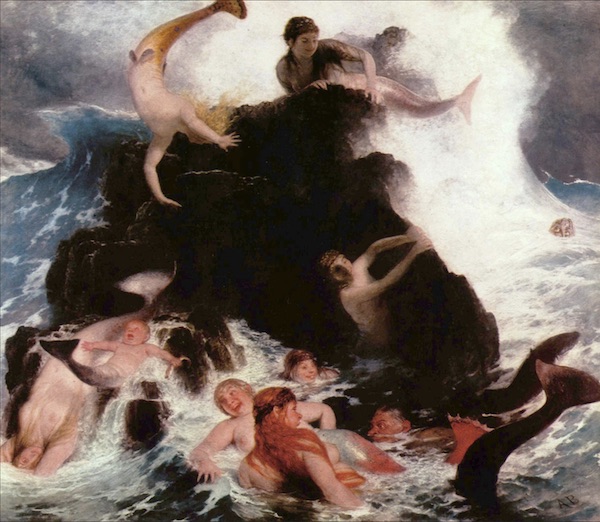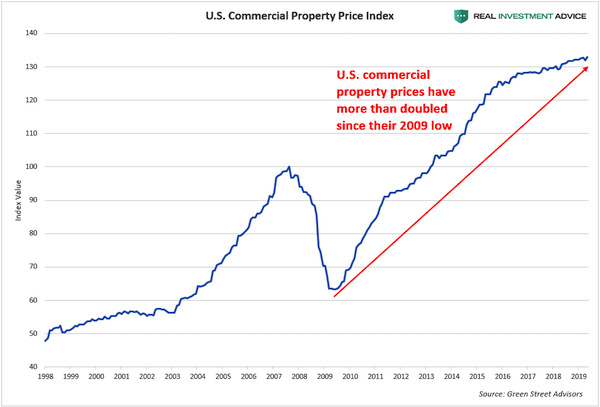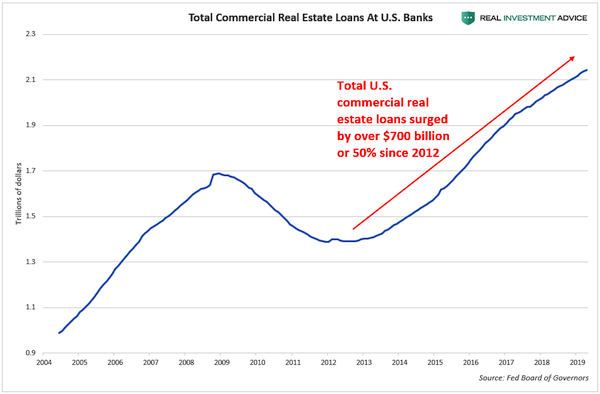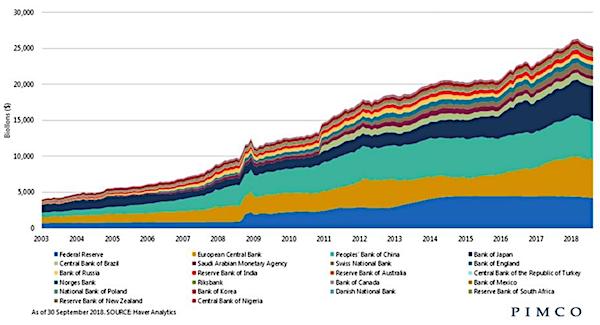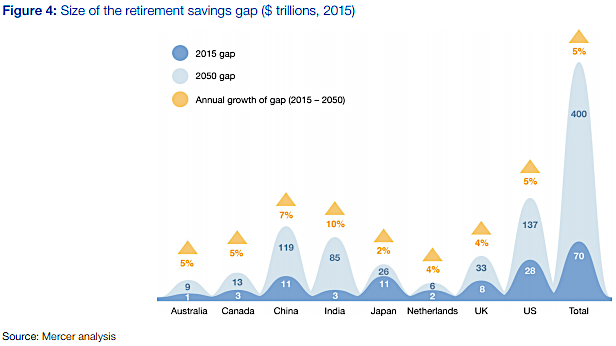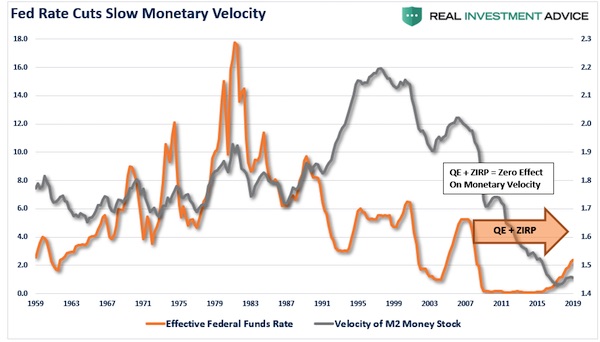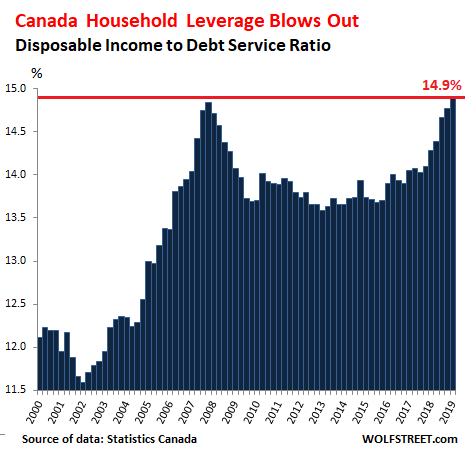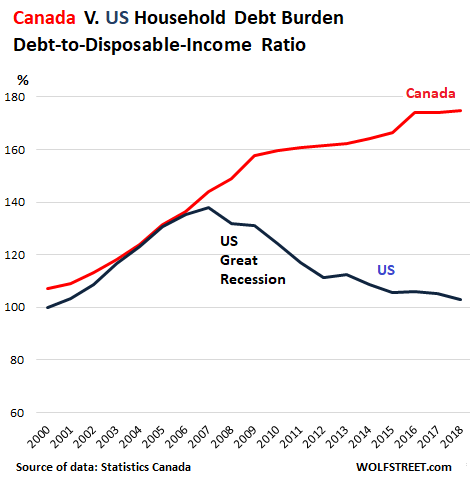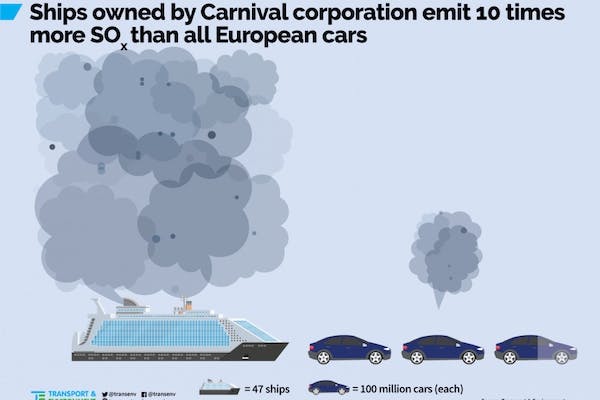
Paul Gauguin Clovis Gauguin asleep 1884

2 things:
1) the UK Supreme Court ruling on prorogation will come too late to include here.
2) I’m sorry that Greta Thunberg made me feel queasy yesterday. I know she means well, but it all came out very strangely in her speech. Could hardly bear to watch it. Who’s pushing her? To Davos first, and now the UN?

“..any counter-party in need of cash, and only holding collateral like Treasuries, agreed to pay the much higher going repo rates. That’s supply and demand..”
• Why Repo Is Such a Big Deal, and Its $400 Billion Bailout So Unnerving (Fort.)
Repos (short for repurchase agreements) are short-term borrowing transactions, often made overnight. Think of them as trades of cash for some kind of collateral. In a repo transaction, the borrower will sell certain securities in their possession with the agreement to buy them back the next day. If the transaction is not rolled over, then the trade has to be settled the following day, with the borrower repurchasing the collateral from the lender for slightly more than it had previously sold it for, compensating the lender with interest for taking on the risk. Large corporations and banks typically hold vast quantities of highly liquid financial assets, and so they like using these markets as a means of quick and easy financing.
In fact, there are more than $1 trillion worth of overnight repo transactions collateralized with US government debt occurring every day. Banks frequently go to these markets to fund the loans they issue, and to finance the trades they execute. That’s when it’s working smoothly. The repo market seized up last week, with median repurchase rates skyrocketing from their usual band of 2.00-2.25% to 2.46% on Monday, and 5.25% on Tuesday. Keep in mind, that’s the median rate. Some repo rates were as high as 9%, more than quadruple the Federal Reserve’s own target rate, which usually puts a cap on how high Treasury repo rates could climb.
An unlucky confluence of events, including an exceptionally large demand for cash from U.S. companies that needed to pay their corporate tax bills, sucked a lot of the available cash out of the financial markets. What happened last week was any counter-party in need of cash, and only holding collateral like Treasuries, agreed to pay the much higher going repo rates. That’s supply and demand, plain and simple, and it mirrors what happened in certain repo markets in 2007 before the housing crash and the Great Recession that followed.
Read more …

This is from an article by Anne Kunz and Holger Zschäpitz for Die Welt. Mish ran a Google translate which he corrected later.
I must say, the impression is too strong that Deutsche Bank and Commerzbank are in trouble only because of Draghi. That is simply not true.
And banks are not the main victims of low rates, savers and pensioners are.
• Interest Rate Business Model is Dead (Welt)
The cash cow bank lending model is dead, buried by the European Central Bank (ECB). The coup de grace came at the recent meeting. As ECB President Mario Draghi squeezed the negative interest rate for banks even deeper. The ECB will restart its bond purchase program in November. This time, without a time limit. Thus, the monetary authorities have permanently chained the long-term interest rate at a low level and cut the profit opportunities of the financial sector to a level that isn’t sustainable. For a long time, institutions have made good money from the difference between long-term and short-term interest rates.That time is now over.
In 2016, Commerzbank employed more than 50,000 people. CEO Martin Zielke wants to close one-fifth of the 1,000 branches and even wants to part with an important source of income including his Polish subsidiary MBank. The workforce should be reduced to around 38,000 by the end of 2020. The sale of Mbank is a desperate attempt at salvation. In terms of stock market value, Deutsche Bank and Commerzbank are now loosely hanged even by more regionally active institutions from Norway and Sweden. [That is a direct translation that reads wrong but I do not know how to fix it]. Even the once proud Landesbanken is a restructuring case. This is a dangerous development.
“With the allowance, the ECB has relieved the German banks in the short term by around 500 million euros. At the same time, banks will be burdened considerably by the continuation of the low interest rates for an indefinite period, “says Peter Barkow, financial expert at Barkow Consulting. “Especially the German banks are very much dependent on income from the long-term investment of customer deposits at higher interest rates, called maturity transformation. This strategy only works very limited, “warns the expert. [The allowance refers to the ECB not charging banks a portion of the negative interest on excess reserves]
However, the corresponding earnings impact on the banks will only be delayed. “Many German banks have to find new sources of income in the medium term. In the short term, a further reduction in costs will probably be necessary, “says Barkow. For more than a hundred years, banks lived on long-term lending or investing in securities their clients entrusted to them in the short term. Historically, banks made money out of time. If time no longer has a price, because there is no more interest, nothing can be earned. Ten-year Bunds yielded around 1.5 percentage points more than two-year issues in historical terms. Currently, the difference is just under 0.2 percentage points.
Read more …

Depends on Lagarde.
• Discord At The Top Is Bad For The ECB (MW)
The ECB on September 12 launched a new round of monetary easing, arguing that the decline of inflation expectations in the eurozone, triggered by the current economic slowdown, is throwing further doubt on its ability to reach its official target of “below but close to 2%”. The central bank not only resumed its asset purchases while lowering its key interest rate to minus 0.5%: It also, for the first time, declined to set a date for the end of the program, indicating only that it would be phased out once inflation is “robustly” back on the 2% track. The decision came after a heated debate on the governing council, which includes the 19 central bankers from the monetary union’s member countries and the ECB’s six-strong executive board. Even traditional doves, such as the council’s two French members, argued against the resumption of the bond-buying program.
As soon as the decision was announced, the fiercest opponents to the package went public with their frustration. German central bank President Jens Weidmann told the newspaper Bild that the package was “unnecessary.” The day before, the same newspaper had accused Draghi, dubbed “Count Draghila,” of “sucking dry” the accounts of German savers. Austrian central bank head Robert Holzmann told Bloomberg the package “may have been a mistake.” And Klaas Knot, the Dutch central bank chief, added that the package was “disproportionate.” The loose monetary policies initiated by ECB President Mario Draghi in the summer of 2012, less than a year after he took office, were always reluctantly accepted by eurozone central’s most hawkish members, even when they occasionally voted for some of the measures — such as the first round of bond-buying, back in 2014.
But it is the first time that the relative confidentiality of the governing council’s deliberations has turned into such a public airing of dirty monetary laundry.
Read more …

“..Johnson also categorically ruled out any sort of deal with Nigel Farage’s Brexit party..”
• Boris Johnson Refuses To Rule Out Suspending Parliament Again (G.)
Boris Johnson has refused to rule out suspending parliament again if the supreme court rules on Tuesday that he abused his powers as prime minister in doing so earlier this month. The British prime minister, who is in New York for a UN summit, also indicated he would not feel obliged to resign if the justices rule he misled the Queen in his reasons for suspending parliament. Asked if he felt a verdict going against him would make his position untenable, Johnson said: “No. I think the reasons for wanting a Queen’s speech are extremely good.” Speaking to reporters, Johnson also categorically ruled out any sort of deal with Nigel Farage’s Brexit party in the likely imminent election, saying the Conservatives would contest every seat.
The supreme court judgment, which could have a huge impact not just on Johnson’s future but also the wider ability of the courts to take a view in political decisions made by government, is due to be announced at 10.30am, following last week’s hearing. The panel of 11 judges were tasked with hearing appeals from two separate legal challenges to Johnson’s decision to prorogue parliament – the technical term for gaps in parliamentary sessions which do not involve dissolution before an election – for five weeks from 9 September.
Read more …

Corbyn’s attempts to not lose the Leave voters divide the party. Damned if you do…
• UK Labour Party Remains Split Over EU (CNBC)
Britain’s main opposition party has narrowly voted to maintain a neutral stance on the country’s most divisive topic, Brexit, after chaotic scenes at the party’s conference Monday evening prompted fresh criticism from both internal party activists and senior political opponents. Much of the party’s ordinary membership are in favor of the U.K.’s continued membership in the European Union, but Labour chief Jeremy Corbyn has long remained publicly ambivalent on the subject in a bid to hold his party and its supporters together ahead of an expected national election. But those efforts were severely tested as the party’s ruling body put forward a series of proposals on Brexit, many of which had been crafted by dozens of the local Labour constituencies over the course of several days.
Corbyn’s team had insisted that the party remain agnostic for now on whether the U.K. should leave or remain in Europe, and demanded that a final decision be made at another future meeting; at an undetermined time and after a putative election victory. [..] Those Labour activists and party officials who are concerned about those departing voters, and who also advocate remaining in the EU, had put forward a separate proposal Monday. It would have forced the party to adopt a clear policy in favor of continued EU membership, but it was marginally defeated in a vote of raised hands that even the meeting’s chairwoman acknowledged had been hard to judge with total certainty.
Read more …

And every second headline says impeachment again. Am I the only one getting tired of that?
• The Odor of Desperation (Kunstler)
The swamp abides. The latest news media dumpster fire over President Trump’s phone conversation with Ukrainian president Volodymyr Zelensky is a three-way ruse. Ruse 1: deflect attention from the main issue, which is Joe Biden’s trolling for payoffs on his missions to foreign lands as vice-president, first Ukraine, where son Hunter was gifted a board of director’s chair and $50K-a-month salary with Ukrainian gas company Burisma, and then a $1.5 billion “private equity investment” to Hunter Biden’s wealth management fund from the state-owned Bank of China. Ruse 2: to deflect attention from the damage soon to be inflicted on the Deep State by the forthcoming DOJ Inspector General’s report on FISA court abuses. Ruse 3. To set in motion yet another obstruction of justice trap for Mr. Trump on the basis of false charges.
This comes at the instigation of Intelligence Community Inspector General Michael Atkinson, who was formerly senior legal counsel to John Carlin head of the National Security Division of the Department of Justice, deeply implicated in the FISA court matters of 2016 under investigation by federal prosecutor John Durham. Mr. Atkinson cited a complaint by an unnamed whistleblower who claims to have heard from a source that the President offered a quid pro quo to Ukrainian President Zelensky for reopening the Burisma case. The “whistleblower” may be Mr. Atkinson himself. Of course, gaffe-prone Joe Biden spilled the beans on video earlier this year, when he bragged about shaking down Ukraine’s then-president Petro Poroshenko over a billion-dollar loan guarantee unless he fired the prosecutor investigating Burisma, which he did. Is there any ambiguity here?
The coordination between the news media and the Deep State is impressively blatant in this new gambit, with former acting FBI director Andrew McCabe (dismissed for cause in 2018), in his new position as a CNN “contributor” (while awaiting prosecution) teeing up a new “Trump collusion” narrative with The New York Times, WashPost, and NBC marching in step. In this new age of disinformation, narratives are the political weapon of choice in the campaign to harass and disable the winner of the 2016 election. The big play of RussiaGate failed, the play of “racism” is failing, so UkraineGate is next up.
Read more …

“Imagine the son was Eric Trump, and the politician Donald Trump. Would the media be dismissing it as nothing worth looking at, a “debunked” issue?”
• Why Is The Media Circling The Wagons To Protect Hunter Biden? (NYPost Ed.)
A foreign natural gas company brings a top US politician’s son onto its board, even though he has no relevant expertise, for $50,000 a month. The politician travels to that country and demands the removal of a prosecutor who’s investigating the company. That prosecutor then gets axed, and the investigation shut down. Imagine the son was Eric Trump, and the politician Donald Trump. Would the media be dismissing it as nothing worth looking at, a “debunked” issue? Yes, Ukraine’s chief prosecutor declared in May that he’d seen no evidence of wrongdoing by Joe or Hunter Biden. Of course not: Again, the investigation got closed years ago.
Yet Yuriy Lutsenko also basically told Bloomberg News he didn’t want to see any such evidence: “I do not want Ukraine to again be the subject of US presidential elections.” And Volodymyr Zelensky took over as Ukraine’s new president after that Lutsenko interview — having won on a vow to end Ukraine’s endemic corruption. Was it really so strange that President Trump pushed the reformer to reopen the probe? No, Trump hasn’t bathed himself in glory with his ham-handed pressure on Ukraine. Then again, Joe Biden’s boasts about getting that prosecutor axed also look clumsy. Then there’s Lutsenko’s claim that the Obama administration handed him a “do not prosecute” list in mid-2016, even as it was pushing Ukraine for dirt on Paul Manafort, Trump’s campaign manager.
That evidence eventually helped send Manafort to prison. What might come of a full-on Hunter Biden probe?
Read more …

“..the pressure began at least as early as January 2016, when the Obama White House unexpectedly invited Ukraine’s top prosecutors to Washington..”
“..What wasn’t known at the time, Shokin told me recently, was that Ukrainian prosecutors were preparing a request to interview Hunter Biden about his activities and the monies he was receiving from Ukraine.”
• Democrats Were First To Enlist Ukraine In US Elections (Solomon)
Earlier this month, during a bipartisan meeting in Kiev, Sen. Chris Murphy (D-Conn.) delivered a pointed message to Ukraine’s new president, Volodymyr Zelensky. While choosing his words carefully, Murphy made clear — by his own account — that Ukraine currently enjoyed bipartisan support for its U.S. aid but that could be jeopardized if the new president acquiesced to requests by President Trump’s lawyer, Rudy Giuliani, to investigate past corruption allegations involving Americans, including former Vice President Joe Biden’s family. Murphy boasted after the meeting that he told the new Ukrainian leader that U.S. aid was his country’s “most important asset” and it would be viewed as election-meddling and “disastrous for long-term U.S.-Ukraine relations” to bend to the wishes of Trump and Giuliani.
“I told Zelensky that he should not insert himself or his government into American politics. I cautioned him that complying with the demands of the President’s campaign representatives to investigate a political rival of the President would gravely damage the U.S.-Ukraine relationship. There are few things that Republicans and Democrats agree on in Washington these days, and support for Ukraine is one of them,” Murphy told me today, confirming what he told Ukraine’s leader. The implied message did not require an interpreter for Zelensky to understand: Investigate the Ukraine dealings of Joe Biden and his son, Hunter, and you jeopardize Democrats’ support for future U.S. aid to Kiev.
The Murphy anecdote is a powerful reminder that, since at least 2016, Democrats repeatedly have exerted pressure on Ukraine, a key U.S. ally for buffering Russia, to meddle in U.S. politics and elections. [..] As I have reported, the pressure began at least as early as January 2016, when the Obama White House unexpectedly invited Ukraine’s top prosecutors to Washington to discuss fighting corruption in the country. The meeting, promised as training, turned out to be more of a pretext for the Obama administration to pressure Ukraine’s prosecutors to drop an investigation into the Burisma Holdings gas company that employed Hunter Biden and to look for new evidence in a then-dormant criminal case against eventual Trump campaign chairman Paul Manafort, a GOP lobbyist.
[..] Biden threatened to withhold $1 billion in crucial U.S. aid to Kiev if Poroshenko did not fire the country’s chief prosecutor. Ukraine would have been bankrupted without the aid, so Poroshenko obliged on March 29, 2016, and fired Prosecutor General Viktor Shokin.At the time, Biden was aware that Shokin’s office was investigating Burisma, the firm employing Hunter Biden, after a December 2015 New York Times article. What wasn’t known at the time, Shokin told me recently, was that Ukrainian prosecutors were preparing a request to interview Hunter Biden about his activities and the monies he was receiving from Ukraine. If such an interview became public during the middle of the 2016 election, it could have had enormous negative implications for Democrats.
Read more …

Tulsi Gabbard is on the verge of making the October debate. They don’t want a repeat in November.
• Democrats Announce Tighter Criteria For Fifth Presidential Debate (R.)
The Democratic National Committee on Monday announced new criteria for the fifth presidential debate in November, requiring candidates to meet one of two polling requirements and have 165,000 unique donors. Candidates must either receive 3 percent or more support in four national or early state polls or 5 percent or more support in two polls of the states that hold early presidential nominating contests: Iowa, New Hampshire, South Carolina or Nevada. They must show a minimum of 600 unique donors per state in at least 20 U.S. states, territories or the District of Columbia, the DNC said.
The new requirements promise to further cull the large Democratic field of 19 candidates seeking to challenge Republican President Donald Trump in the November 2020 election. Former Vice President Joe Biden has led most opinion polls so far, followed by U.S. Senators Elizabeth Warren and Bernie Sanders. The sprawling field has made it difficult for lesser-known candidates to register in the minds of Democratic voters, with several polling at 1 percent or less nationally. [..] Criteria for the September and October debates required donations from at least 130,000 people and support of at least 2% in four DNC-approved polls.
Read more …

Local bans on global networks?!
• Google Wins Landmark Right-To-Be-Forgotten Case In Europe (BBC)
Europe’s top court has ruled that Google does not have to apply the right to be forgotten globally. It means that firm only needs to remove references to articles and other material from its search results in Europe – and not elsewhere – after receiving an appropriate request. The ruling stems from a dispute between Google and a French privacy regulator. In 2015, CNIL ordered the firm to globally remove links to pages containing damaging or false information about a person. The following year, Google introduced a geoblocking feature that prevents European users from being able to see delisted links. But it resisted censoring search results for people in other parts of the world.
And the firm challenged a 100,000 euro fine that CNIL had tried to impose. Google had argued that the obligation could be abused by authoritarian governments trying to cover up human rights abuses were it to be applied outside of Europe. The tech firm had been supported by Microsoft, Wikipedia’s owner the Wikimedia Foundation, the non-profit Reporters Committee for Freedom of the Press, and the UK freedom of expression campaign group Article 19, among others. ECJ adviser Maciej Szpunar had also concluded that the right to be forgotten be limited to Europe in a non-binding recommendation to the court earlier this year.
Read more …

An all-out attack on the Espionage Act.
• US Government Moves To Block Alleged Drone Whistleblower’s Defense (SProof)
The United States government has moved to block Daniel Hale, a former U.S. Air Force language analyst, from presenting any evidence that he had “good motives” when he allegedly disclosed documents to a reporter that exposed a targeted assassination program involving armed drones. Yet, while the U.S. government hopes to ensure Hale cannot put on a whistleblower defense during his trial, Hale’s defense attorneys have directly challenged the constitutionality of the Espionage Act, arguing it violates the First Amendment. They also assert that the government is selectively and vindictively prosecuting Hale for his alleged act of dissent.
Hale was indicted on five counts on May 9. Three of the charges allege he violated the Espionage Act. One charge alleges he disclosed “communications intelligence” without authorization. The fifth charge alleges he stole “government property.” In October 2015, The Intercept published a “cache of secret documents detailing the inner workings of the U.S. military’s assassination program in Afghanistan, Yemen, and Somalia.” The media organization said the documents were provided by a whistleblower and offered “unprecedented glimpse into [President Barack] Obama’s drone wars.” They were called “The Drone Papers.” These are the documents that the government accuses Hale of disclosing without proper authorization to the public.
[..] There were only three prosecutions under the Espionage Act for the first 75 years that were “premised” on “leaks.” However, since 2009, there have been 18 prosecutions of media sources, according to Hale’s attorneys. President Barack Obama’s administration set the record for more leak prosecutions under the Espionage Act than all previous U.S. presidents combined, and the Obama Justice Department’s novel interpretations of the Espionage Act set the stage for President Donald Trump to launch a prosecution against Hale, as well as WikiLeaks founder Julian Assange, who is the first journalist to be charged with violating this particular law.
Read more …

